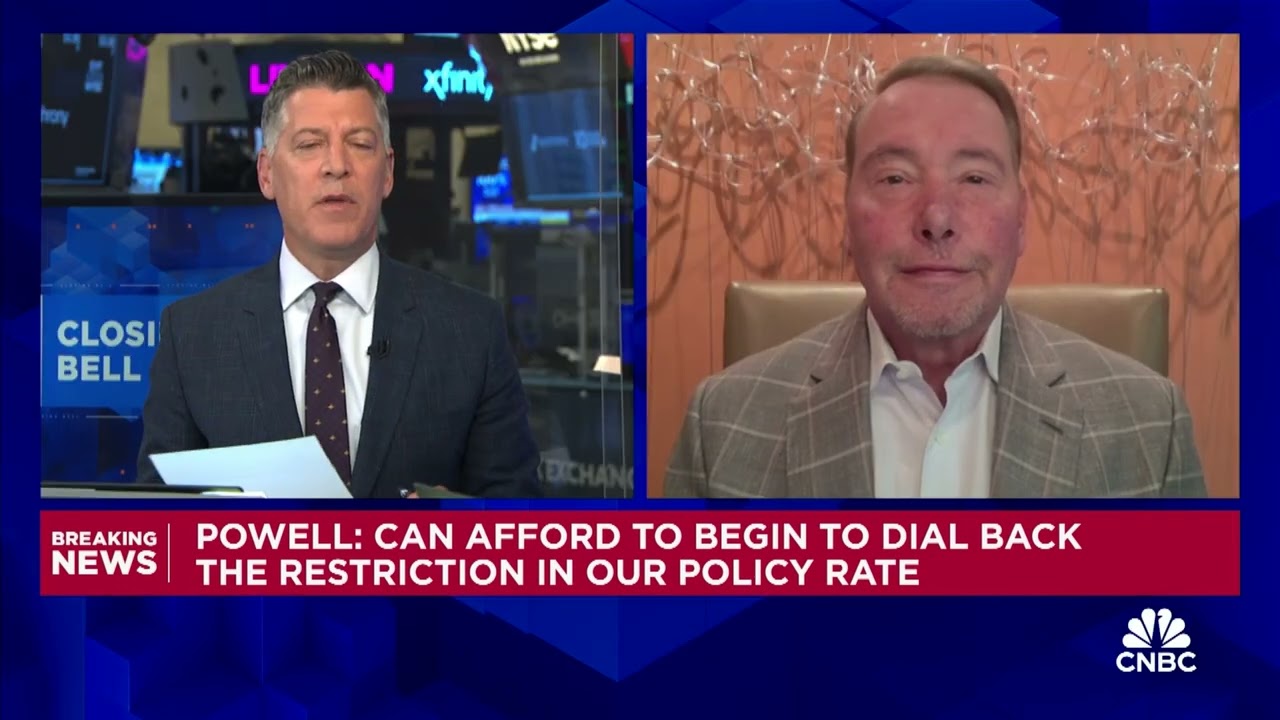DoubleLine CEO and Founder
Opinion after FED meeting on July 31, 2024
- He believes the current monetary policy is overly restrictive considering the current level of inflation, suggesting there is room for at least a 150 basis point cut in interest rates over the next year. The market should respond positively to the expectation that the Federal Reserve might not only cut rates once but could do so multiple times if necessary.
- His base case scenario anticipates a minimum of 150 basis points in rate cuts over the next year, likely exceeding the expectations of both the Federal Reserve and market consensus.
- Although the yield curve has been flattening recently, he still considers short to medium treasuries (2-year, 3-year, and 5-year) to be a very safe investment.
- Longer-term yields remain uncertain due to concerns about national debt levels and the fiscal deficit.
- Despite the seasonal adjustment of the (CPI), historical patterns indicate that the CPI tends to be higher in Q1 and cooler in the first half of the year, suggesting potential for further downward momentum in inflation, and additional confidence to cut rates.
- He maintains that a recession is the most probable outcome and anticipates that the National Bureau of Economic Research (NBER) might eventually declare that the U.S. was in a recession in September 2024.
- Beyond the surface-level job survey data (which tend to lag), anecdotal evidence and indicators such as the quits rate and full-time employment figures suggest that the economy is losing its momemtum.
- He recommends shifting from floating-rate debt instruments to fixed-income securities, specifically recommending BB-rated high-yield bonds, as offering some attractive and relatively safe opportunities if search well, since their quality is currently better compare to history.
- Gold remains a potentially strong performer due to ongoing geopolitical tensions.
- U.S. interest payments as a percentage of tax receipts are on an unsustainable trajectory, getting to the point that it cant be ignore anymore. . The concern is that if a recession occurs, the deficit will widen further, which could reignite fears of a second wave of inflation.
